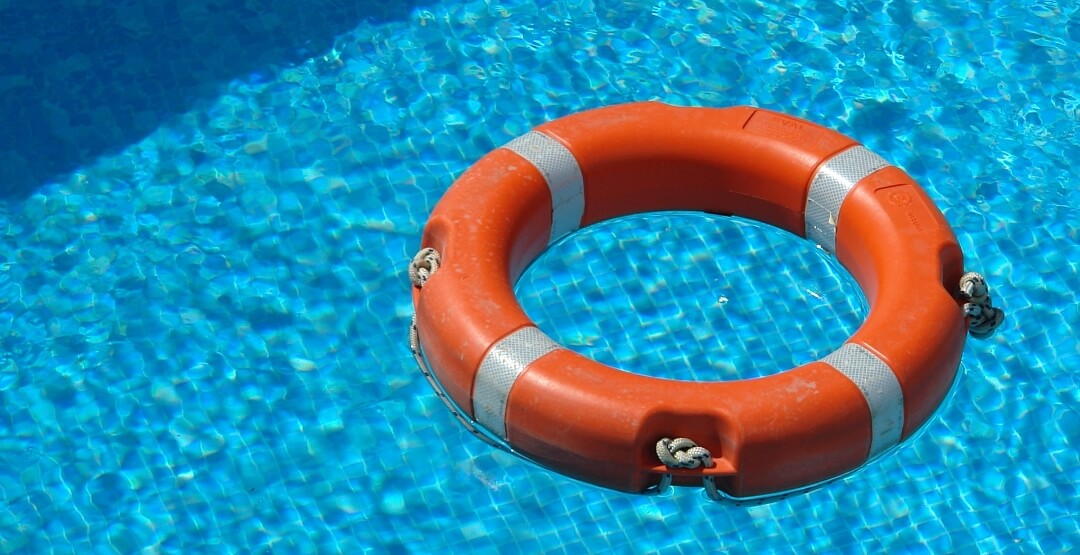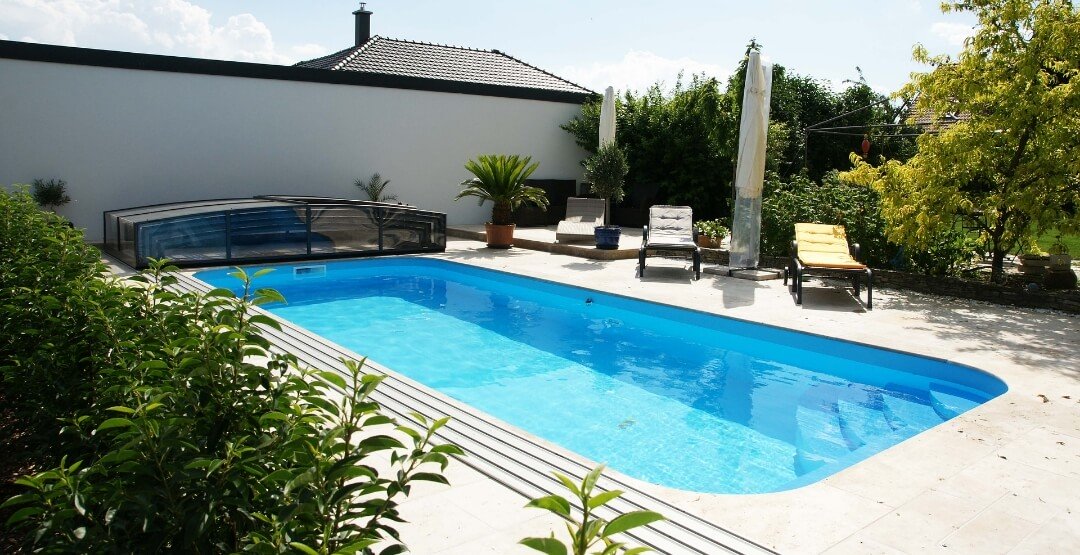
pool maintenance
A swimming pool should be a pleasure above all, and not become a constraint due to a lack of suitable equipment. However, its water is polluted daily by numerous external elements, both from bathers and from outside. Poor maintenance of a swimming pool can cause various problems, some of which can put our health at risk, such as certain bacterial infections like legionella. pool maintenance
To ensure that the water in a swimming pool remains pure, effective maintenance is necessary. This is based on good water filtration and effective treatment.
Possible consequences of a poorly maintained pool
In addition to the fact that a poorly maintained swimming pool will deteriorate aesthetically, the health risks of untreated water are significant.
Physical damage to the pool
When micro-organisms or algae invade the pool, the water turns green and becomes cloudy. Dirty water makes you not want to dive in, and eventually gives off an unpleasant odour. Pool water maintenance must also be carried out to protect the paint and lining that micro-organisms threaten to wear away.
Health risks for users
Hygiene is the most important factor to consider when maintaining pool water. Avoiding bacterial growth eliminates health hazards for bathers. It is possible to be exposed to many diseases of varying degrees of severity in unpurified water, such as respiratory infections, skin irritations, conjunctivitis or ear infections.
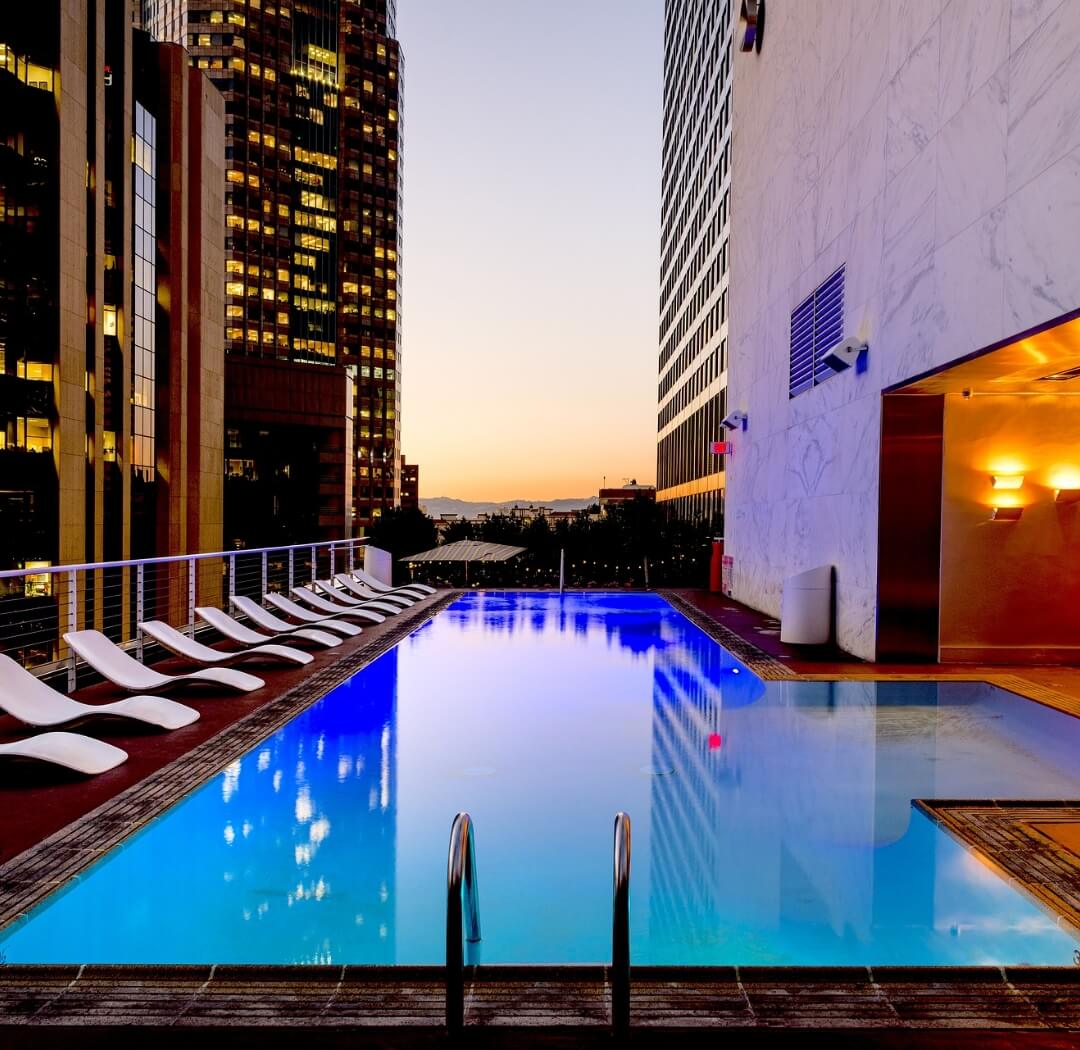
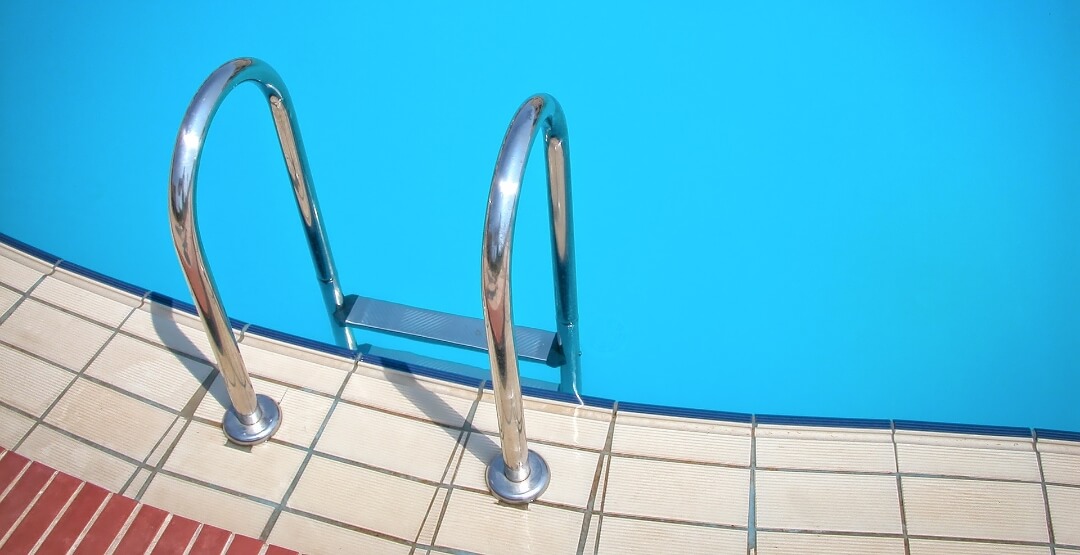
What are the symptoms of a poorly maintained pool?
There are a number of symptoms that indicate poor pool maintenance:
- The pH of the water. It should normally be between 7.2 and 7.6
- Algae formations appear. This can also mean that your filtration system is not adequate and may require a chlorine shock treatment.
- Chlorine odours and/or skin irritations. This is related to a too high level of chloramines. Chloramines are caused by insufficient chlorine content and should not exceed 0.6ppm.
The importance of the filtration system
At the base of the maintenance of the swimming pool is its filtration system. This closed water circuit has a simple operation: a pump sucks up the water, which is then cleaned by the filters, then redirected into the pool by the return nozzles. An efficient filtration system and the respect of an adequate filtration duration are necessary.
Choosing an effective filtration system is essential
Most common filtration systems do not control microscopic parasites, bacteria and fungi, for which water treatment is necessary.
That said, more modern filtration systems offer multiple filters and water treatment options included.
The choice of an effective filtration system, including for example an internal UV or ozone treatment, can therefore greatly reduce the need for subsequent treatment using chemicals that are often not very respectful of your health and the environment, such as chlorine.
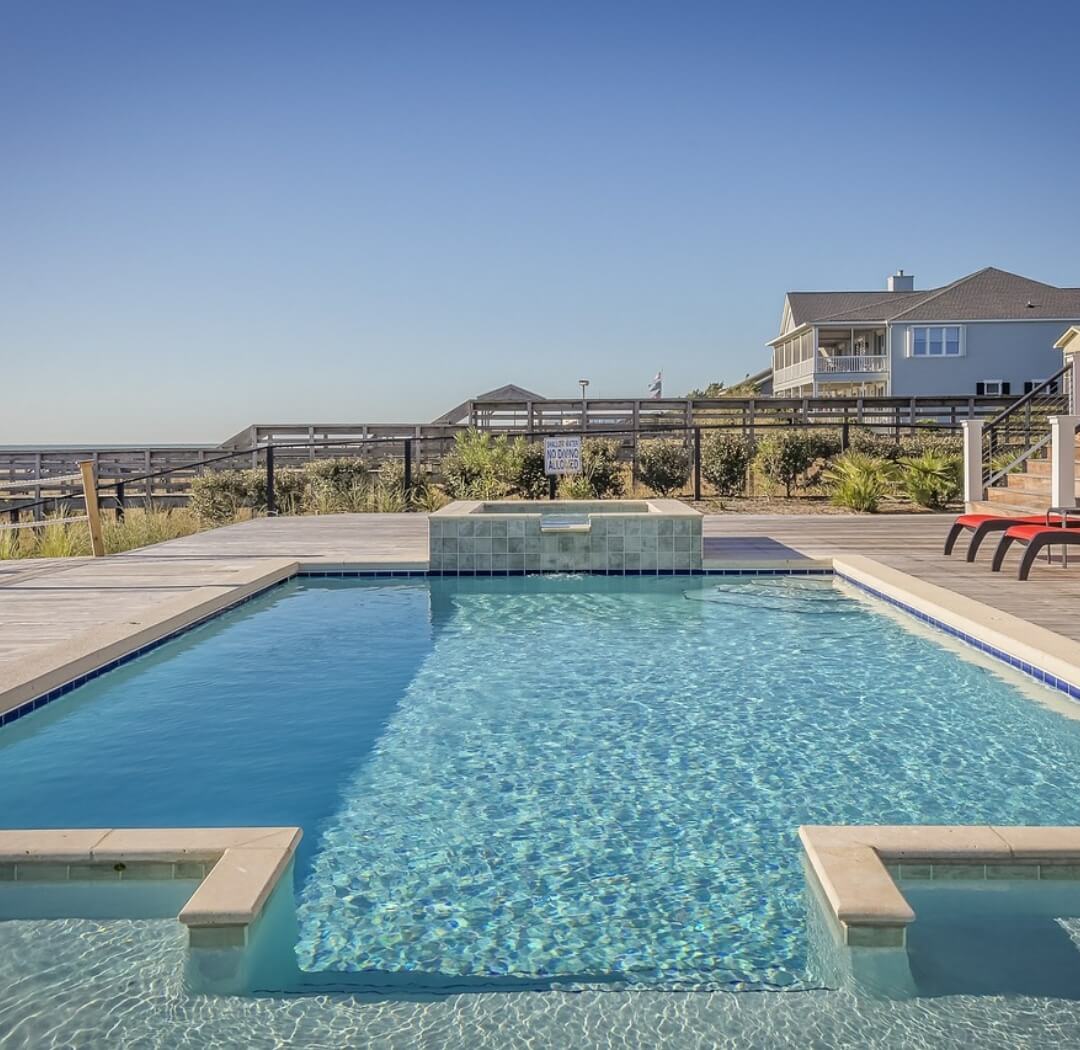
Filtration time is not random
The filtration system is programmed by a clock and a precise duration of filtration must be respected. The filtration time depends largely on the temperature of the water, in fact, the hotter it is, the more easily microorganisms develop. It is therefore common to filter longer when the water is warmer. We can use a fairly easy rule for this, which consists of setting the filtration time to half the ambient temperature of the water. Thus, if your pool is at 24°C, a filtration time of 12 hours should be sufficient.
Finally, we do not generally filter at night but during the day, that is to say when the swimming pool is used, in order to recover a maximum of pollutants when they are on the surface of the pool.
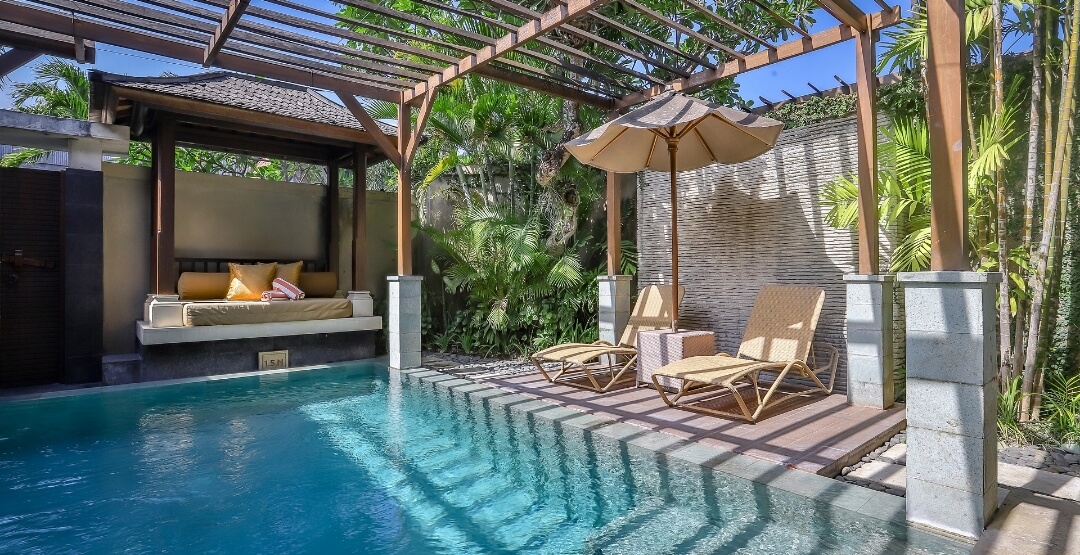
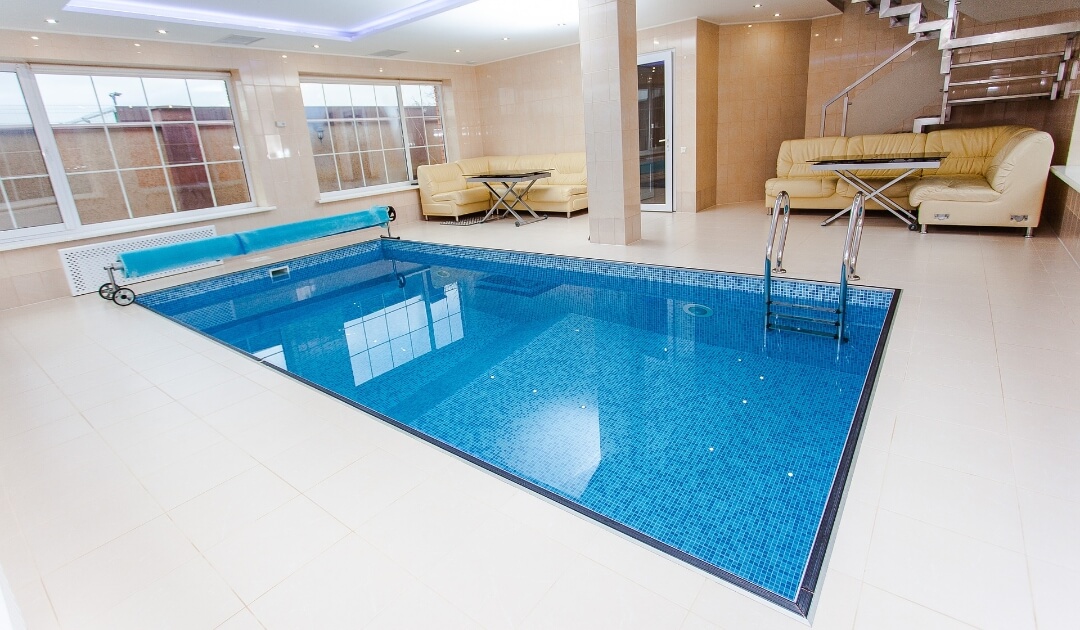
Treat your pool water
Maintaining an in-ground or above-ground pool also requires regular water treatment. Basic water treatment can take the form of pebbles or automatic equipment, sometimes included in the pool’s filtration system. It will always be necessary to be aware of the acidity of the water, because if the pH is not at the right level, these treatments may prove to be ineffective.
It is possible to opt for different water treatment methods: chlorine, salt electrolysis, UV rays, PHMB, ozone and active oxygen.
Some, such as ozone or UVs, are directly integrated into the filtration system and therefore constitute a more natural solution than the others, since they do not release any residue into the pool water.
In conclusion : a daily cleaning is needed
Water filtration and treatment does not eliminate the need for regular pool cleaning. Thus, it is recommended to empty your basket of skimmers regularly and to ensure that the apple and the filter of the filtration system do not become clogged.
Maintenance can be more difficult for above ground pools. Indeed, the latter do not always have an effective filtration system. In this case, do not hesitate to take out your landing net or robot vacuum cleaner to get rid of insects and leaves.
